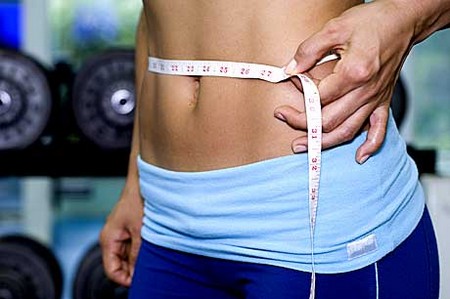It is not uncommon for someone who is depressed to find that their eating patterns go haywire. There is no one particular eating pattern associated with depression, although a severely depressed person will tend not to eat much at all and will subsequently lose a lot of weight. Those with mild or moderate symptoms might go off their food too, or they might eat more, or they might binge eat – i.e. eat a lot at once, then nothing – or they might just eat the wrong things because they can’t be bothered to cook or shop as they normally would.
Food and drink are strongly associated with mood. We eat to celebrate or as part of socialising, but we also eat to comfort ourselves and out of boredom. If you are feeling depressed, it is easy to use food and drink as substitutes for your normal routines and interactions. You may not feel like talking to people or going out with your friends, you may stop your regular exercise regime and your after-work activities, you may not feel like shopping and cooking for a meal, the effort may be just too much, and staying at home eating takeaway pizza and drinking alcohol seems comforting and less stressful by comparison.

But this sort of diet, if eaten regularly, is not going to enhance your mood and, coupled with lack of exercise, it might contribute to unwanted weight gain. You then risk compounding your depressive symptoms with feelings of low self-image and self-loathing for letting yourself go. Listening to dietary advice may be the last thing you feel up to, but take it slowly and don’t try to change things overnight, or when you are feeling particularly down. Follow some of the simple tips on the following list because a healthier diet really will make you feel better, but don’t beat yourself up if you backslide with the occasional pizza.
- Keep fruit in the house and eat a piece whenever you can.
- Don’t shop when you feel particularly low and tired; you will only buy the quick-fix, sugary, fatty foods when you are feeling like this.
- If you feel like sugary snacks, try to make them whole-grain, such as flapjacks or wholewheat biscuits, then the wholegrains will modify the sugar rush and prevent you from having extreme mood highs and lows.
- Have healthy snacks to hand, such as walnuts, almonds, dried apricots and figs, wholemeal bread, organic peanut butter, olives, salad vegetables you can munch on such as celery, baby tomatoes, cucumber, peppers. Eat half an avocado with a squeeze of lemon and some olive oil. Boil some eggs and store them in the fridge to snack on.
- When you cook, cook in bulk, so you don’t have to cook the next night.
- If you have a takeaway, choose baked potato with tuna and olive oil, homemade soup and bread, Japanese sushi, vegetables with noodles. Add your own salad, oil and fruit.
- Fresh-squeezed juice is a wonderful pick-me-up. Try carrot, apple and ginger, or orange, banana and strawberry.
- For every glass of wine or spirits you drink, drink a glass of mineral water. Have some alternatives to alcohol handy, such as fresh juice which you can dilute with sparkling water to make it a bit more special.
The secret is to stock up with healthy, quick-to-prepare items to lessen the temptation of bingeing on too much of the wrong sort of food. If you can’t face the supermarket, get someone else to come with you and help.